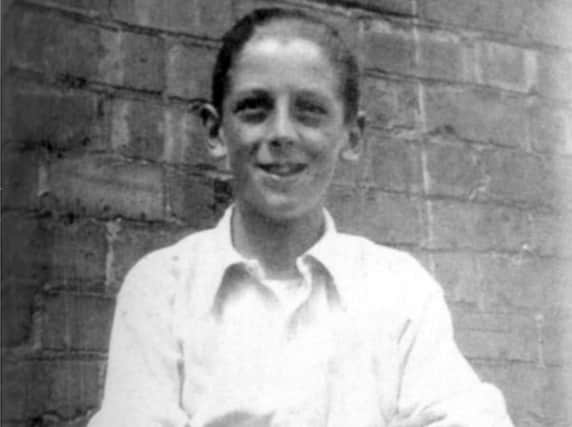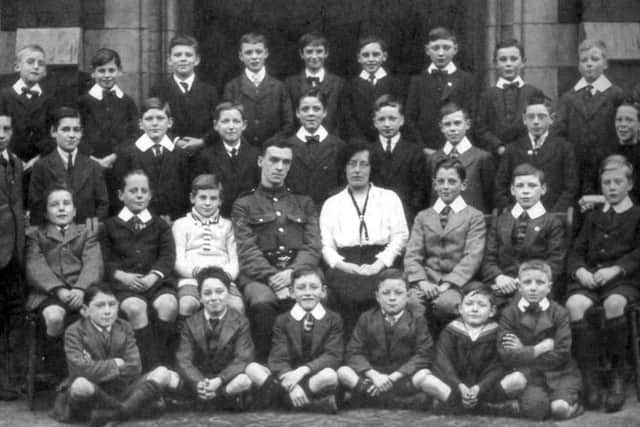Charity shop find led to lesser-known Cooke tale


It’s the story of Blackpool’s most famous student, who left town on a Blackpool Council scholarship to Cambridge and invented himself as the English commentator on America.
Yes, Alistair Cooke (1908-2004) whose warm mid-Atlantic tones were heard in 2,869 episodes of the BBC’s Letter From America between 1946 and 2004 and who was The Guardian’s roving reporter in America for 25 of those years.
Advertisement
Hide AdAdvertisement
Hide AdThe biography, by BBC presenter Nick Clarke (1948-2006) was published in 1999 and has vanished from library shelves.


It tells in fascinating detail how Alistair Cooke, born in Salford and educated in Blackpool, shook off the invisible handcuffs of his northern upbringing and charmed his way through his college years and into the halls of world events.
It’s a two-week read of 620 pages, which would take more space to summarize, but early in the book is an episode that has been overlooked – and it took place in Blackpool.
At the age of 21, on his summer break from Jesus College, Cambridge, Cooke got an acting job that brought him back to the town where he had attended the Blackpool Secondary (later Grammar) School.
Advertisement
Hide AdAdvertisement
Hide AdBiographer Nick Clarke wrote that Cooke had co-founded the Cambridge Mummers Dramatic Society and had got a summer tour with the famous actor Matheson Lang in a play called Jew Suss, based on a novel set in 18th century Europe.


The play was to be premiered at the Blackpool Opera House in the week beginning July 31, 1929, before moving on to Manchester and other cities.
Cooke would stay with his parents in Ormond Avenue, North Shore.
Prior to leaving for Blackpool, Cooke pulled a cheeky manoeuvre with the Manchester Guardian. He suggested the paper could steal a march on its rivals by taking his review of the play during its Blackpool run, rather than waiting until it arrived in Manchester.
Advertisement
Hide AdAdvertisement
Hide AdThe biographer wrote: “This was Cooke’s first contribution to the paper he would later serve for a quarter of a century. It also exposed him to some risk.”
Lang didn’t know about the review and, according to Clarke, Cooke did not feel the need for deference in judging Lang’s performance and gave a better opinion of actress Peggy Ashcroft, in a smaller role.
The review carried the signature letters A.C. and provoked a furore, wrote Clarke.
When Cooke arrived at the theatre that night he was cornered by the stage manager, who told him: “If Mr Lang finds out it was you, he’ll slaughter you.”
Advertisement
Hide AdAdvertisement
Hide AdFor the rest of the run Cooke kept his head down, uncertain whether Lang, his ego severely dented, had made the connection between A.C. and the young man with a one-line part in the play.
In the end he avoided detection, wrote Clarke.
A year later, there was another clue that young Cooke knew where he was going in life.
He changed his first name by deed poll from Alfred to Alistair.
Did he think it would look and sound better as a name in the media?